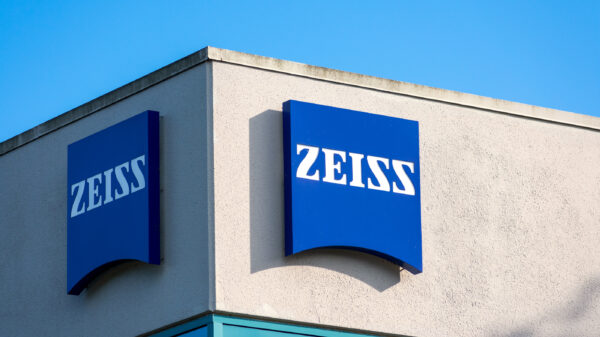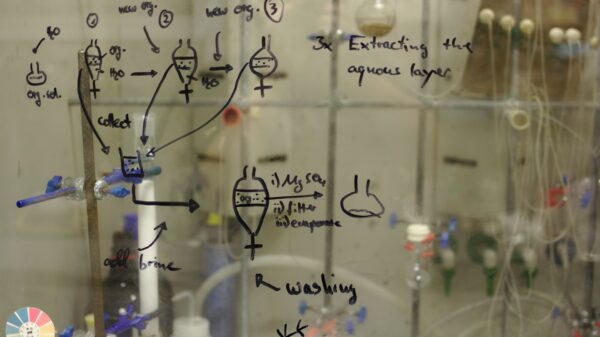As we enter 2023, battery passports are becoming a hot topic within the industry. In March, Zeng Yuqun, chairman of Ningde Times, submitted a proposal to the 14th National People's Congress, calling for research on China's power battery passports, supporting policies, and strengthening the full life cycle management of battery products. This initiative is particularly aimed at addressing carbon footprint, ESG, recycling traceability, and cascade utilization concerns.
Battery passports, which are digital twins of physical batteries, enable consumers to easily access their battery's status, history, and overall quality. At the Forum of 100 Electric Vehicles earlier this. . .






















